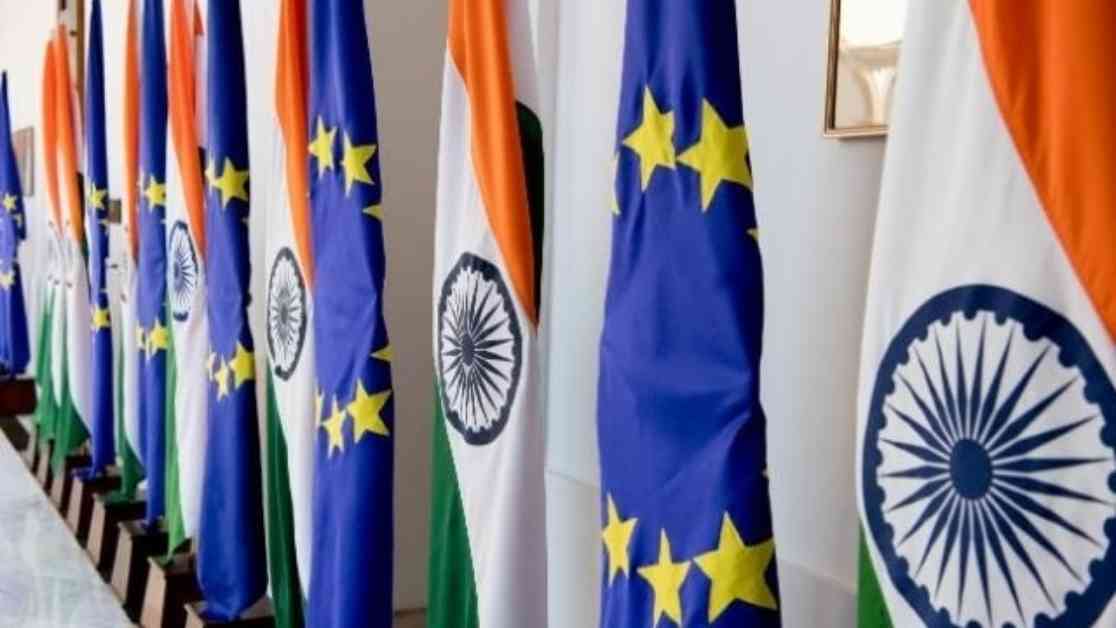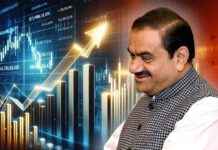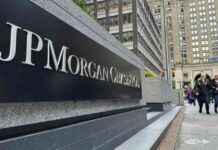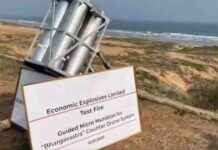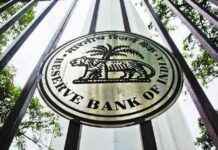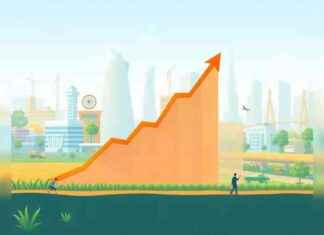India and the European Union have set their sights on a momentous goal: finalizing a free trade agreement by the end of this year. This ambitious plan comes amidst escalating tensions over tariffs with the United States, prompting both parties to expedite negotiations and explore collaborative initiatives like the India-Middle East-Europe Economic Corridor (IMEC).
The groundwork for this strategic move was laid during a pivotal meeting between Prime Minister Narendra Modi and the President of the European Commission, Ursula von der Leyen, on Friday. Their discussions centered on elevating the EU-India Strategic Partnership to new heights, building upon decades of fruitful collaboration that has benefited their citizens and contributed to global welfare.
According to the Leaders’ Statement issued following the visit of the European Commission to India on February 27 and 28, both Modi and von der Leyen expressed a shared commitment to strengthening this partnership, leveraging the solid foundation of the India-EU Strategic Partnership and the India-EC Cooperation Agreement. This meeting marked a significant milestone, being the first of its kind since the European Parliamentary elections in June the previous year.
The upcoming tenth round of negotiations, scheduled to take place from March 10 to March 14 in Brussels, will play a pivotal role in advancing the free trade agreement talks. The leaders have instructed their negotiating teams to pursue a balanced, ambitious, and mutually beneficial FTA with the aim of finalizing the agreement within the year. This move underscores the importance of fostering robust trade and economic relations between India and the EU, emphasizing the need to enhance market access and eliminate trade barriers.
The urgency to conclude the India-EU FTA by the end of this year is underscored by the protracted nature of the negotiations, which have been ongoing for several years. The talks, which were reinitiated in June 2022, have encountered various challenges, with key sticking points revolving around the EU’s demands for reduced tariffs on wines, spirits, automobiles, and increased access for agricultural products. Conversely, India has raised concerns about the EU’s proposed carbon tax on sectors like steel, cement, and aluminum, calling for a review of this policy.
As the EU represents India’s largest trading partner, with bilateral goods trade surpassing $137.5 billion in FY2024, the stakes are high for both parties. A recent report by the Global Trade Research Initiative highlights the immense growth potential stemming from their complementary trade profiles, emphasizing the need to expedite FTA negotiations to unlock further benefits.
Challenges and Opportunities in FTA Negotiations
Navigating the complexities of the India-EU FTA negotiations requires addressing a myriad of challenges while seizing opportunities for mutual growth. The EU’s push for reduced tariffs on certain goods and increased market access poses a challenge for India, particularly in sectors like automobiles and agriculture. On the other hand, India’s concerns about the EU’s proposed carbon tax underscore the need for a balanced approach that addresses both parties’ interests.
Expert Insights and Strategic Outlook
Experts in the field of international trade stress the significance of finalizing the India-EU FTA by the end of this year, citing the immense economic potential that awaits both parties. As negotiations enter a critical phase, strategic foresight and diplomatic acumen will play a crucial role in overcoming remaining hurdles and reaching a mutually beneficial agreement. By leveraging the strengths of each other’s economies and fostering deeper collaboration, India and the EU can pave the way for a more prosperous future for their citizens.
In conclusion, the path to a successful India-EU free trade agreement is fraught with challenges yet brimming with opportunities. As both parties embark on this journey towards deeper economic integration, the spirit of partnership and collaboration will be instrumental in shaping a brighter tomorrow for their nations and the global community at large.

